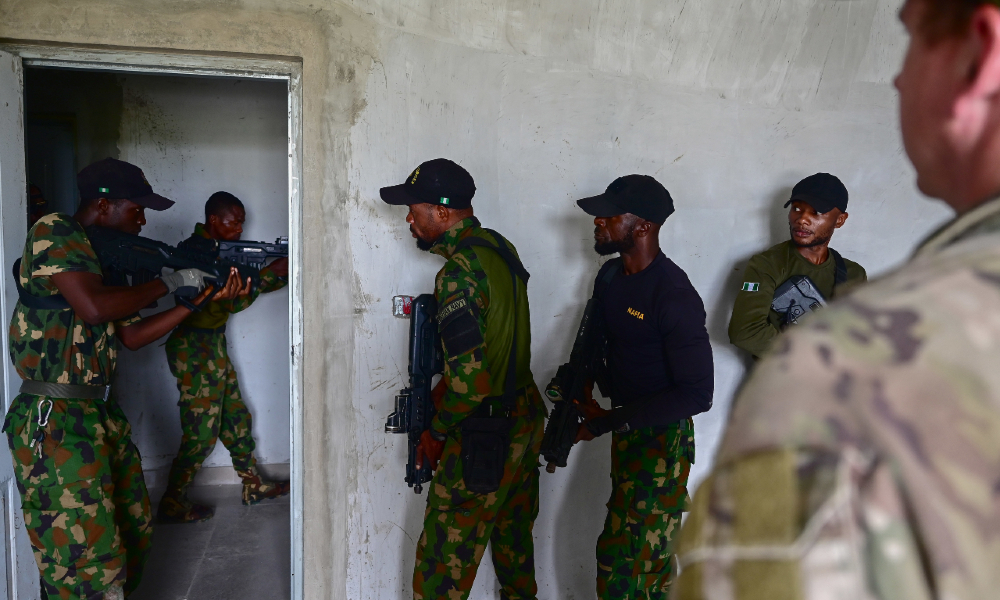Today's Headlines and Commentary
Most of today's news involves trials, so let's start with that.
In the Tarek Mehanna case, the Boston Globe says that jurors were shown graphic videos of suicide bombings, the twin towers burning, and other not-nice stuff after the judge rejected calls for a mistrial from the defense.
Published by The Lawfare Institute
in Cooperation With

Most of today's news involves trials, so let's start with that.
In the Tarek Mehanna case, the Boston Globe says that jurors were shown graphic videos of suicide bombings, the twin towers burning, and other not-nice stuff after the judge rejected calls for a mistrial from the defense. The defendant's attorney argued that the vidoes unfairly raised "the emotional ire of the jury" and "likened the case to charging someone with the murder of a person of a different race with no evidence beyond proof that the defendant was a racist," report Milton J. Valencia and Martin Finucane. The Globe also ran an editorial using the case as an argument against the detainee provisions of the NDAA.
The Houston Chronicle has more on Barry Bujol, who--acting as his own lawyer--said in his opening statement that his "desire was not to harm the U.S. or U.S. nationals here or abroad, but to express my discontent and displeasure with [how my tax dollars are being spent]." You know what they say about a man who represents himself at trial...
According to Mike Carter of the Seattle Times, Abd al-Rahim al-Nashiri's lawyers filed a lawsuit "challenging the authority of a retired admiral who decided the suspect should be tried before a military commission." The complaint, oddly filed in the Western District of Washington for a military commission to be held at Guantanamo Bay, is available here. Nashiri's lawyers justify their choice of venue on grounds that convening authority Bruce MacDonald, the defendant, "resides in Kitsap County" and "primarily works from his office on Naval Base Kitsap Bangor/Kitsap in Silverdale, WA."
In non-trial news, "Made in China" is not such a good thing when counterfeit parts end up in high-end weapons systems. William Wan and Jason Ukman of the Washington Post inform us that an investigation conducted by the Senate Armed Servies Committee found "at least 1,800 cases of counterfeit electronics in U.S. weapons, with the total number of suspect parts exceeding 1 million."
Jim Wolf of Reuters discusses the Defense Advanced Research Projects Agency (DARPA)'s plan to boost its cyber arsenal to meet the ever-escalating threat of cyber attacks. The Pentagon's research wing is holding its first Cyber Colloquium in an effort to come up with new solutions to many of the vulnerabilites inherent in defense systems--including drones--reports Spencer Ackerman of Wired magazine's Danger Room.
Writing in the New York Times, Elizabeth Goitein and J. William Leonard describe the perils of overclassification, arguing that it "jeapordizes national security by inhibiting information sharing within the federal government and with state and local agencies." The op-ed is based off of this report by Goeitein and David M. Shapiro, both of the Brennan Center for Justice, which puts forth proposals to reduce overclassification.
And Leon Panetta's collection of mementos from scenic Abottobad provides today's Moment of Zen.
For more interesting law and security-related articles, follow us on Twitter and visit the Georgetown Center on National Security and the Law’s Security Law Brief. Feel free to email me noteworthy articles I may have missed at singh.lawfare@gmail.com.
Ritika Singh was a project coordinator at the Brookings Institution where she focused on national security law and policy. She graduated with majors in International Affairs and Government from Skidmore College in 2011, and wrote her thesis on Russia’s energy agenda in Europe and its strategic implications for America.




